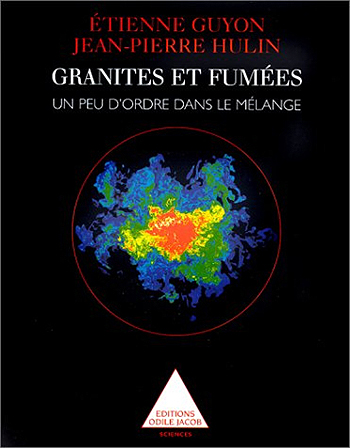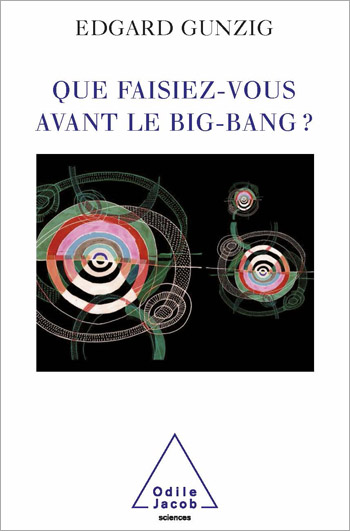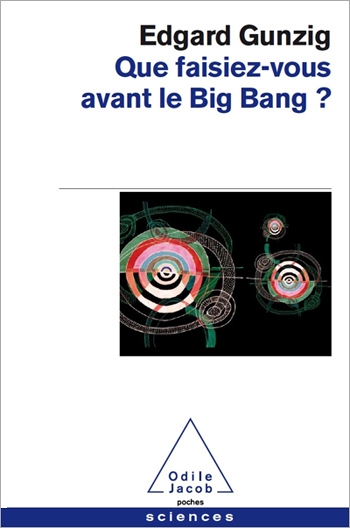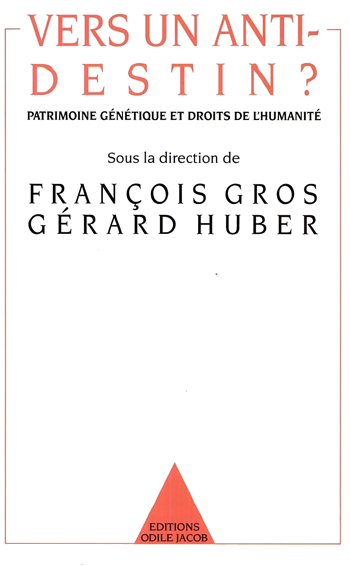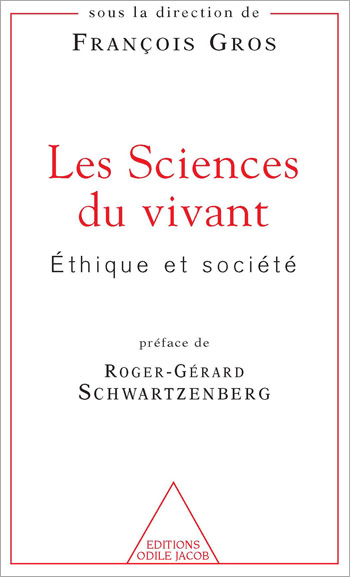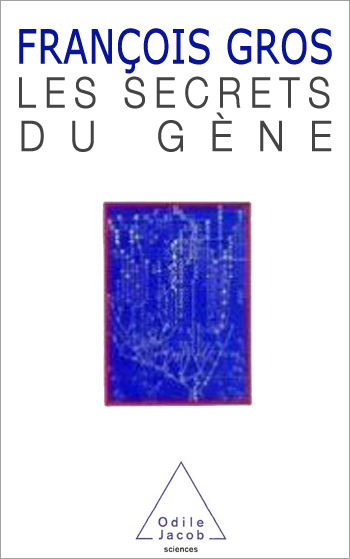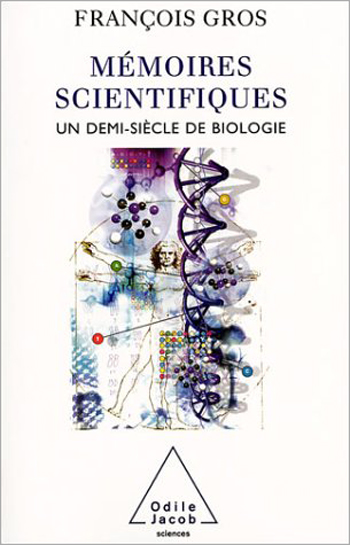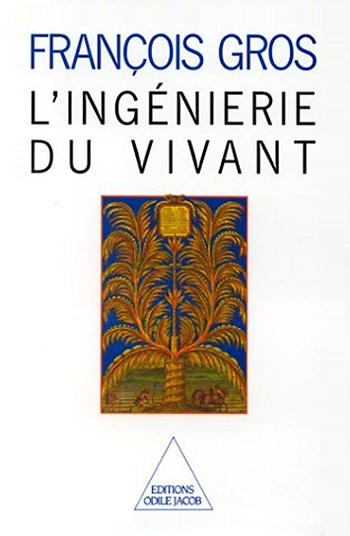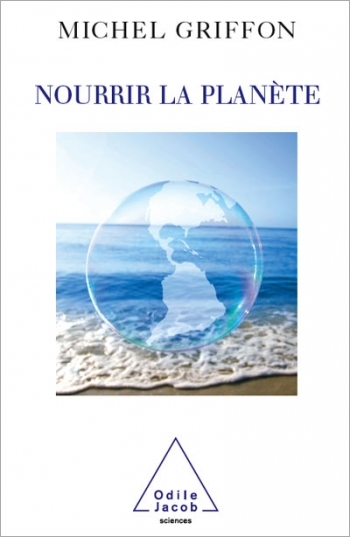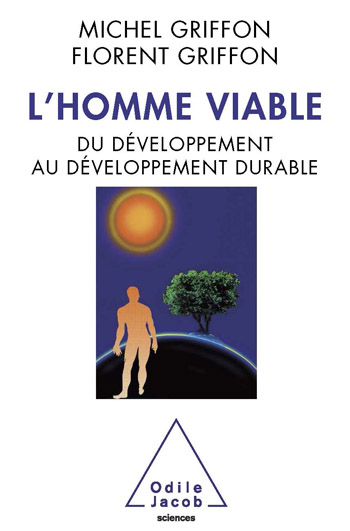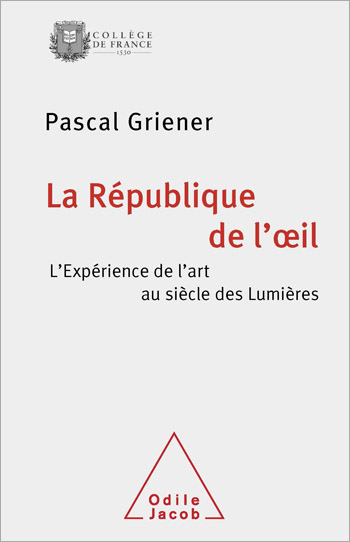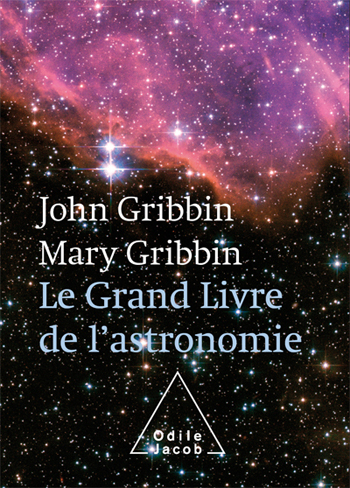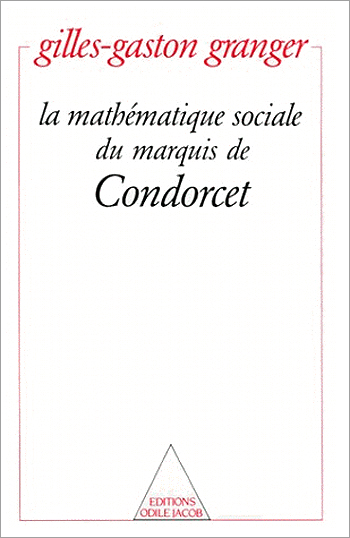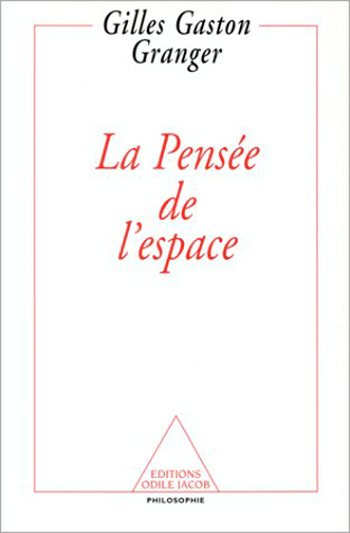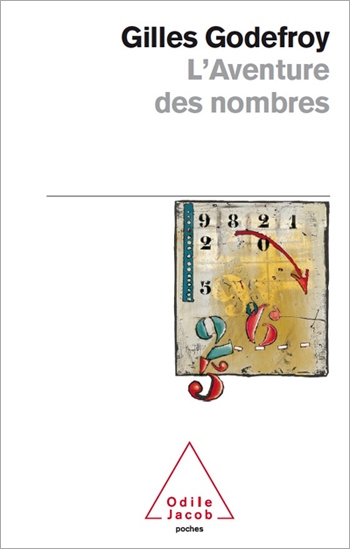Science All books
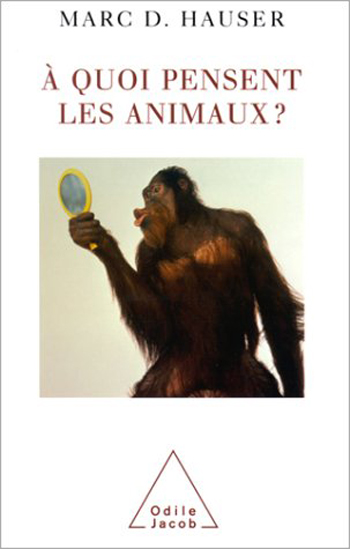
Marc D. Hauser
Wild Minds: What Animals Really Think
A slender loris comes up to a zoo keeper and hugs him. A dog lowers its head and whines when its master is unhappy. Is such behaviour a sign of affection and empathy or are other mechanisms at work, to explain the animals near-human behaviour? Why do chimps and dolphins form coalitions to defend themselves? How do lions determine, from far away, the number of gazelles calmly watering by a stream? How is it that a few species can recognise their own image in a mirror? Marc D. Hauser is a professor of psychology and neuroscience at Harvard University, where he is a fellow of the Mind, Brain and Behavior Program. Besides performing laboratory research, he has done extensive fieldwork in Kenya, Uganda and Puerto Rico.

John Haugeland
Artificial Intelligence: The Very Idea
At once philosophical and instructive, this work offers a synthesis of a discipline that marks a revolution, both intellectual and technological, in the approach of the human spirit. John Haugeland teaches philosophy at the University of Pittsburg.
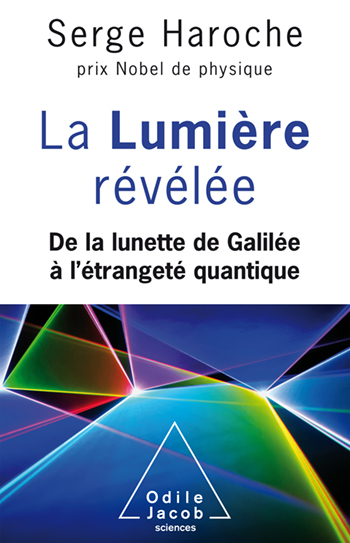
Serge Haroche
The light revealed
The is a scientific biography and history of what we know about light, including current advancements in the field, in which Serge Haroche has played a major role.

Jean-Pierre Hansen, Jacques Percebois
Electricity in Transition What Europe and the markets couldn’t tell you
The history of electricity as you’ve never heard it before. A genuine mini-guide to economic issues through the example of electricity: price formation, transmission costs, monopolies.

Olivier Hamant
The Third Path of the Living
To confront the ongoing climate of environmental and civilizational catastrophe, the life sciences offer us an alternative to the cult of performance that has been elevated to a dogma. A counter-model inspired by biology...
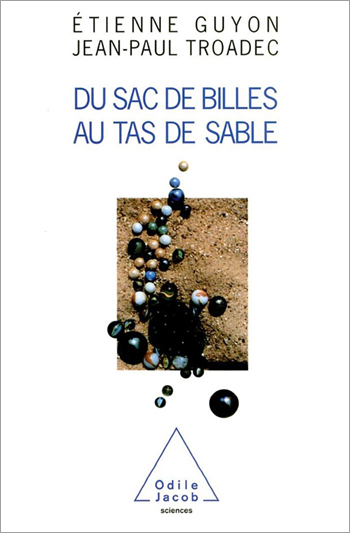
Étienne Guyon, Jean-Paul Troadec
From a Bag of Marbles to a Heap of Sand
Why don't sand dunes collapse? How does sand flow in an hourglass? How is it possible to empty a silo of all its wheat? What's a ceramic? The answer to all these questions can be found in the science of the complex organizations of matter, a science which is pluridisciplinary. Étienne Guyon, head of the École Normale Supérieure, and Jean-Paul Troadec, a researcher, present the characteristics of grain matter, the rules by which it is organized (in both crystal and fluid) as well as its movements (in silos as in avalanches).

Claude Gudin
The Natural History of Microalgae
The amazing properties of microalgae may be crucial for the future of humanity
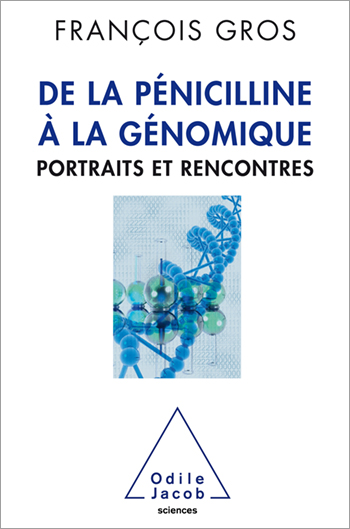
François Gros
From Penicillin to genomics
The life of a scientist, one of the discoverers of how genes function, and an explorer of the future of biology
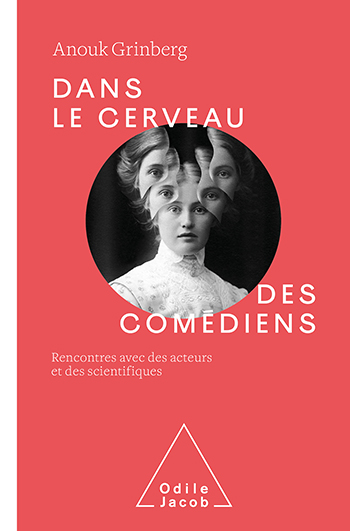
Anouk Grinberg
The Actor, the Game, and the “I”
The activity of an actor viewed from the wings, told from the inside by one of the greatest French actresses.
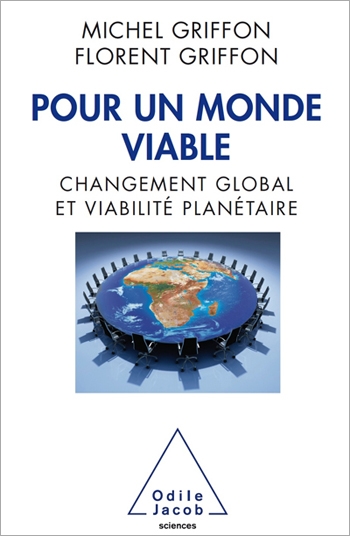
Michel Griffon, Florent Griffon
In Defence of a Viable World Global Change for Planetary Viability
Increased awareness and urgent measures needed by 2050 if we are to avoid the worst-case scenario on a planetary scale.
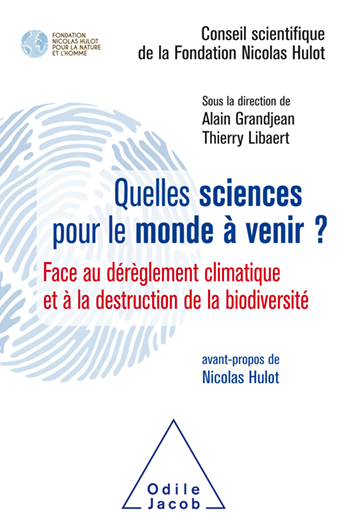
Nicolas Hulot Foundation For Nature And Mankind, Alain Grandjean, Thierry Libaert
Science for the World to Come Facing Climate Change and the Destruction of Biodiversity
This book will be published to coincide with the thirtieth anniversary of the Fondation Nicolas Hulot.

Jean-Louis Dessalles, Cédric Gaucherel, Pierre-Henri Gouyon
The Thread of Life The Immaterial Side of Existence
A true revolution in the understanding of life, the thesis put forward here is based on the scientific concept of information, the operation of detection and reading carried out by every living being.
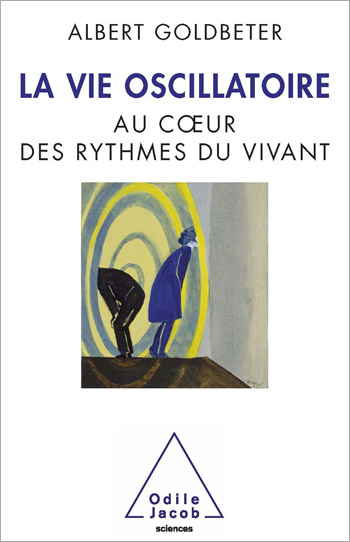
Albert Goldbeter
Oscillating Life At the Heart of Life Rhythms
This book offers the first synthesis of existing knowledge on the rhythms of life, as observed at different levels of biological organisation.
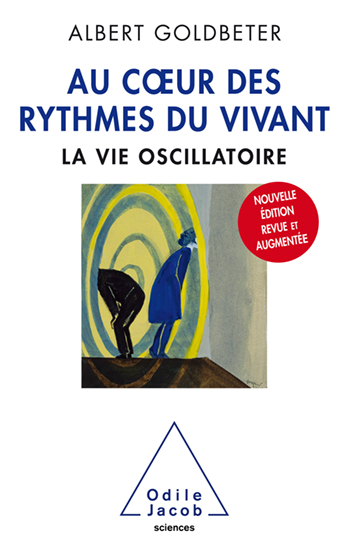
Albert Goldbeter
At the Heart of Life Rhythms Oscillating Life
A thorough review of all the mechanisms that regulate the principal life rhythms. In a jargon-free style this book examines the origin of various types of oscillation and shows what unites them, beyond their specific mechanisms.
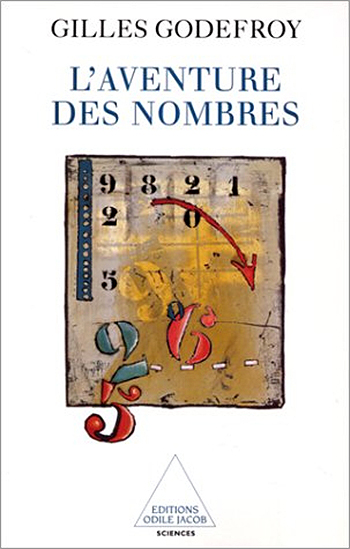
Gilles Godefroy
The Adventure of Numbers
Numbers never cease to fascinate. The Adventure of Numbers recounts the history of the gradual discovery of numerical characteristics, from the early days of arithmetic to the most sophisticated recent issues: Could a robot be created that would reduce all mathematics to simple sums? Are we sure that arithmetic does not conceal contradictions? Can all mathematical truths be demonstrated? The surprising answers given by Gilles Godefroy are the latest in an on-going saga that will doubtless continue to astound us. Mathematician Gilles Godefroy is a research director at the French Centre National de la recherche scientifique (CNRS).
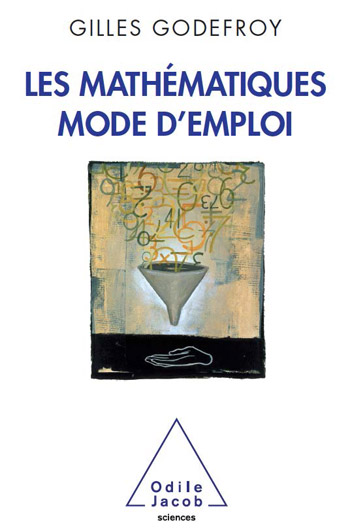
Gilles Godefroy
Mathematics: A How-to Guide
“Most of us first discovered mathematics at primary school. But instead of those intimidating syllables...
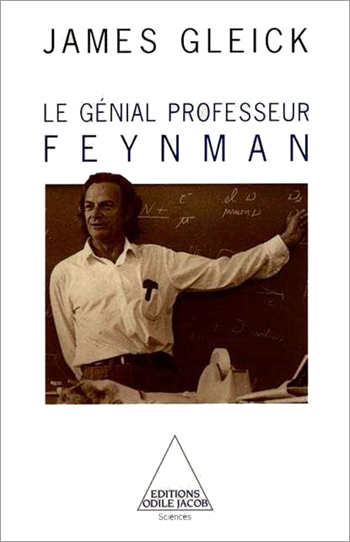
James Gleick
Genius: Richard Feynman and Modern Physics
Richard Feynman, Nobel Prize winner for his work on the description and calculation of interactions between particles, was a genius of our time. Quantum physics theoretician, enfant terrible of the Manhattan project and ascerbic critic of the investigative committee of the American space shuttle, Feynman left a profound impression on modern physics. James Gleick, a former journalist at The New York Times and author of the best-selling Chaos Theory, tells how Feynman's ideas were formed and how he reinvented particle physics. Through this portrait, Gleick explores the nature of genius itself and provides insight about the fascination that it engenders.

